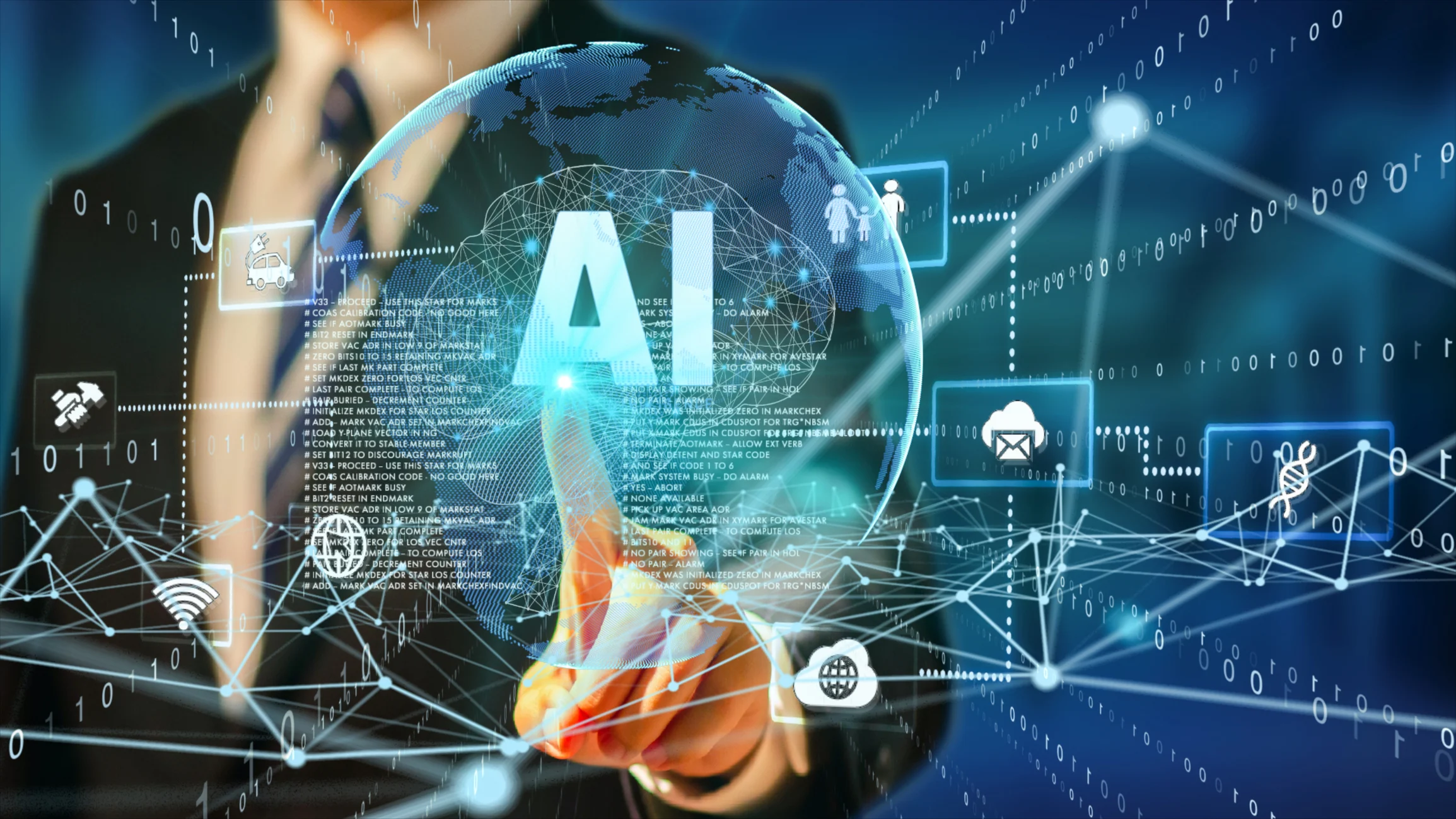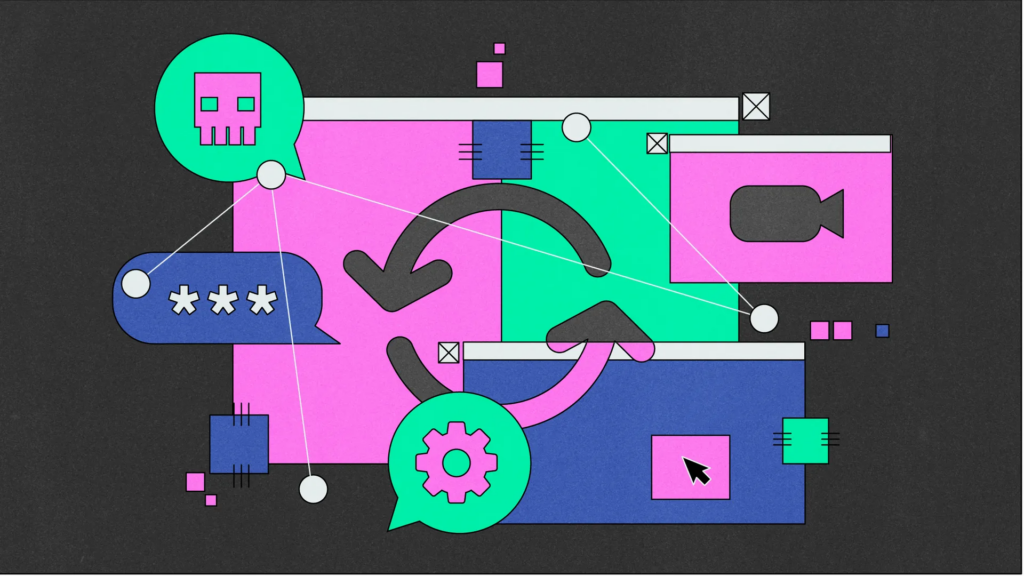Artificial Intelligence (AI) refers to the development of computer systems that can perform tasks that would typically require human intelligence, such as learning, problem-solving, perception, reasoning, and decision-making. AI involves the development of algorithms and models that enable machines to process large amounts of data, learn from it, and make predictions or decisions based on that learning.
AI has many applications across a wide range of industries, including healthcare, finance, transportation, and entertainment. Some common examples of AI include virtual assistants like Siri and Alexa, self-driving cars, image and speech recognition systems, and recommendation engines used by online retailers and streaming services.
AI is a rapidly evolving field, with ongoing research and development aimed at improving the capabilities of AI systems. There are also concerns about the ethical and societal implications of AI, including issues around privacy, bias, and job displacement
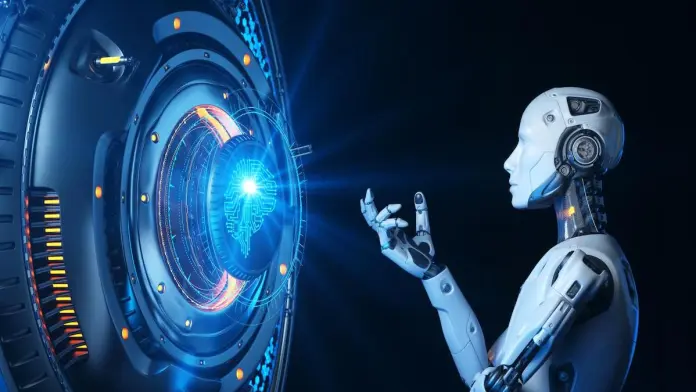
How does AI work?
AI works by using algorithms and mathematical models to process and analyze large amounts of data in order to identify patterns and make predictions or decisions based on that data.
The process typically involves several steps:
- Data Collection: The first step in AI involves collecting and cleaning data from various sources. This can include structured data, such as numbers and categories, and unstructured data, such as images and text.
- Data Preparation: Once the data has been collected, it needs to be prepared for analysis. This involves cleaning, normalizing, and transforming the data to ensure that it is consistent and can be analyzed by the algorithms.
- Machine Learning: Machine learning is a key component of AI, and involves training algorithms on the prepared data to identify patterns and make predictions or decisions. This can involve supervised learning, where the algorithm is trained on labeled data, or unsupervised learning, where the algorithm identifies patterns without prior knowledge.
- Model Selection: After the machine learning process, the best model is selected based on its accuracy and ability to generalize to new data.
- Deployment: The final step in AI involves deploying the model in a production environment, where it can be used to make decisions or predictions based on new data.
AI relies on sophisticated algorithms and models that can analyze vast amounts of data to make predictions or decisions. The technology is constantly evolving, with ongoing research and development aimed at improving the accuracy and efficiency of AI systems.
Why is artificial intelligence important?
Artificial Intelligence (AI) is important for several reasons, including:
- Improved Efficiency: AI has the potential to automate repetitive and mundane tasks, allowing humans to focus on more complex and creative work. This can lead to increased efficiency and productivity in various industries.
- Enhanced Decision Making: AI can analyze vast amounts of data and provide insights that humans may not be able to identify on their own. This can help organizations make more informed decisions and improve outcomes.
- Increased Accuracy: AI can reduce errors and improve accuracy in various tasks, such as image and speech recognition, medical diagnosis, and financial forecasting.
- Innovation and Advancements: AI has the potential to drive innovation and advancements in various fields, such as healthcare, transportation, and finance, by providing new insights and opportunities for growth.
- Cost Savings: AI can reduce costs by automating tasks, improving efficiency, and reducing errors.
AI has the potential to bring significant benefits to society, including improved efficiency, enhanced decision-making, increased accuracy, and innovation. However, it is important to consider the potential ethical and societal implications of AI and ensure that it is developed and used responsibly.
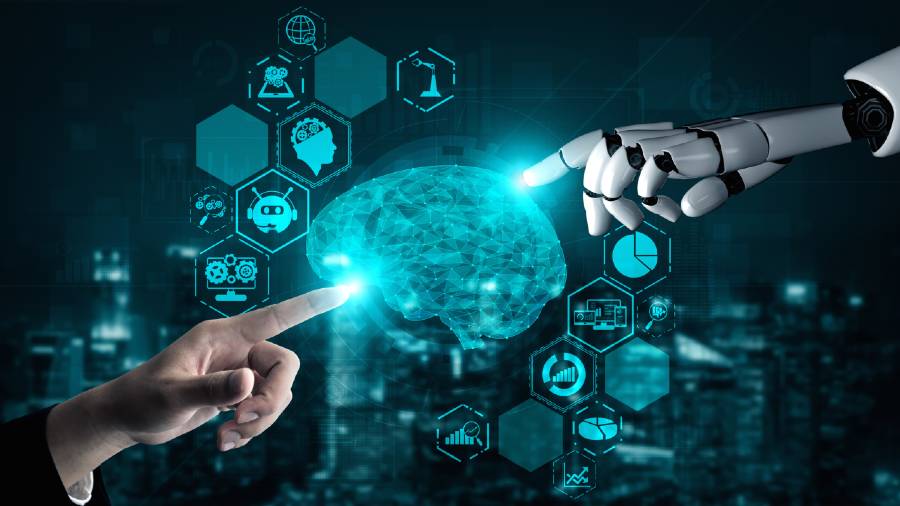
What are the advantages and disadvantages of artificial intelligence?
Advantages of Artificial Intelligence (AI):
- Efficiency: AI can automate repetitive and mundane tasks, which can save time and improve efficiency.
- Accuracy: AI can analyze large amounts of data with high accuracy, which can help in tasks such as medical diagnosis or financial forecasting.
- Decision-making: AI can provide insights and predictions that can help organizations make more informed decisions.
- Innovation: AI can lead to new products, services, and business models, driving innovation and advancements in various fields.
- Cost savings: AI can reduce labor costs and improve productivity, leading to cost savings for organizations.
Disadvantages of Artificial Intelligence (AI):
- Job displacement: AI may replace certain jobs, leading to job displacement and unemployment.
- Bias: AI algorithms may reflect the biases of their creators and the data they are trained on, leading to unfair or discriminatory outcomes.
- Privacy concerns: AI may collect and analyze personal data, leading to privacy concerns and potential breaches.
- Security risks: AI systems may be vulnerable to attacks and cyber threats.
- Lack of empathy: AI lacks human emotions and empathy, which can be a disadvantage in certain applications such as healthcare and customer service.
AI has the potential to bring significant benefits to society, but it is important to consider and address the potential ethical, social, and economic implications of its use.
Strong AI vs. weak AI
Strong AI and weak AI are two different approaches to developing artificial intelligence:
- Strong AI (also known as artificial general intelligence or AGI) refers to AI systems that are designed to be capable of performing any intellectual task that a human can do. The goal of strong AI is to create an AI system that can think and reason like a human, and potentially even surpass human intelligence.
- Weak AI (also known as narrow AI) refers to AI systems that are designed to perform specific tasks, such as speech recognition or image classification. Weak AI is focused on developing AI systems that can perform specific tasks better than humans, but are not necessarily capable of general intelligence.
In summary, the main difference between strong AI and weak AI is that strong AI aims to create an AI system that can perform any intellectual task that a human can do, while weak AI focuses on developing AI systems that are specialized for specific tasks. While strong AI is a long-term goal, most current AI systems are examples of weak AI, as they are designed for specific tasks and cannot reason or think like a human in a general sense.
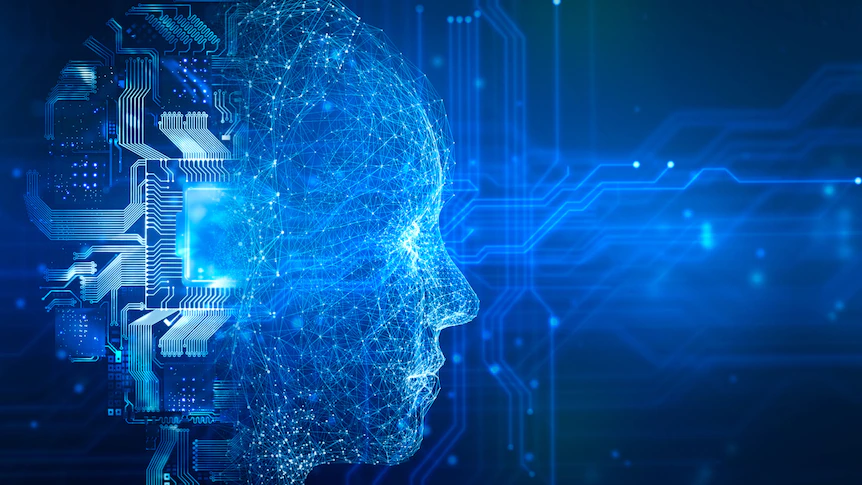
What are the 4 types of artificial intelligence?
The four types of artificial intelligence are:
- Reactive Machines: These are the simplest type of AI systems that are designed to react to specific situations based on pre-defined rules. They do not have the ability to learn from experience or make decisions based on past experiences.
- Limited Memory: These AI systems can learn from past experiences and improve their performance over time. They can store and access data from past experiences, but only for a limited period.
- Theory of Mind: This type of AI system can understand human emotions, beliefs, and thought processes. They can interact with humans more naturally and have a better understanding of human behavior.
- Self-Aware: These are the most advanced AI systems that have the ability to think, learn, and reason like humans. They can understand their own existence and make decisions based on self-awareness.
These categories are not mutually exclusive, and many AI systems incorporate features from multiple categories. For example, some AI systems may be both reactive and have limited memory, while others may be limited memory systems with a theory of mind component
What are examples of AI technology and how is it used today?
There are many examples of AI technology that are used today in various industries. Here are some common examples:
- Natural Language Processing (NLP): NLP is a type of AI technology that allows computers to understand and interpret human language. It is used in chatbots, voice assistants, and translation software.
- Computer Vision: Computer vision is a type of AI technology that allows computers to interpret and analyze visual data, such as images and videos. It is used in facial recognition, object detection, and autonomous vehicles.
- Predictive Analytics: Predictive analytics uses AI algorithms to analyze large datasets and make predictions about future events. It is used in fraud detection, financial forecasting, and predictive maintenance in manufacturing.
- Robotics: Robotics is a type of AI technology that involves the use of robots to automate tasks. It is used in manufacturing, healthcare, and logistics.
- Virtual Assistants: Virtual assistants, such as Siri and Alexa, are examples of AI technology that use natural language processing to understand and respond to user requests.
- Recommendation Systems: Recommendation systems use AI algorithms to provide personalized recommendations to users based on their past behavior and preferences. They are used in e-commerce, entertainment, and social media.
- Autonomous Vehicles: Autonomous vehicles use computer vision and other AI technologies to navigate roads and make decisions about driving. They are being developed for use in transportation and logistics.
AI technology is being used in a wide range of industries to automate tasks, improve efficiency, and provide new insights and capabilities. As the technology continues to advance, it is likely that we will see even more widespread adoption and innovation in AI applications.
What are the applications of AI?
There are many applications of AI in various industries and fields, including:
- Healthcare: AI can be used to analyze medical data and assist in diagnosis and treatment planning. It can also be used in medical imaging, drug discovery, and personalized medicine.
- Finance: AI can be used to analyze financial data and provide insights for investment decisions, fraud detection, and risk management.
- Transportation: AI can be used in autonomous vehicles and traffic management systems to improve safety, efficiency, and reduce congestion.
- Manufacturing: AI can be used to optimize production processes, reduce waste, and improve quality control.
- Retail: AI can be used in recommendation systems, inventory management, and customer service.
- Agriculture: AI can be used in precision farming, crop monitoring, and yield optimization.
- Education: AI can be used in adaptive learning systems and personalized tutoring.
- Energy: AI can be used in energy management systems and renewable energy optimization.
- Entertainment: AI can be used in recommendation systems for movies and music, and in the creation of video games and virtual reality experiences.
- Government: AI can be used in public safety, disaster response, and smart city initiatives.
The applications of AI are diverse and wide-ranging, and the technology is being used to improve efficiency, productivity, and innovation across many different fields. As the technology continues to advance, it is likely that we will see even more widespread adoption and development of AI applications
Also Read : List of Top 10 Augmented Reality Development Platforms

